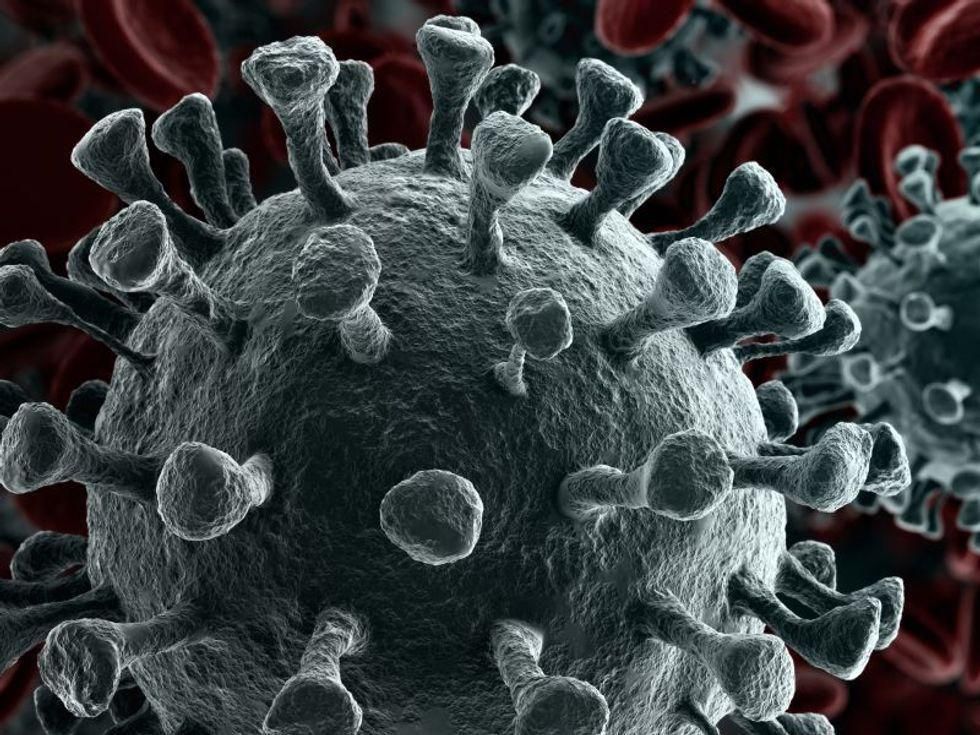
An experimental gel has shown early promise in treating the most common form of skin cancer — hinting at a potential alternative to surgery in the future. Researchers tested the gel in 30 patients with basal cell carcinoma (BCC), a skin cancer diagnosed in more than 3 million Americans each year. The tumors rarely spread… read on > read on >






























